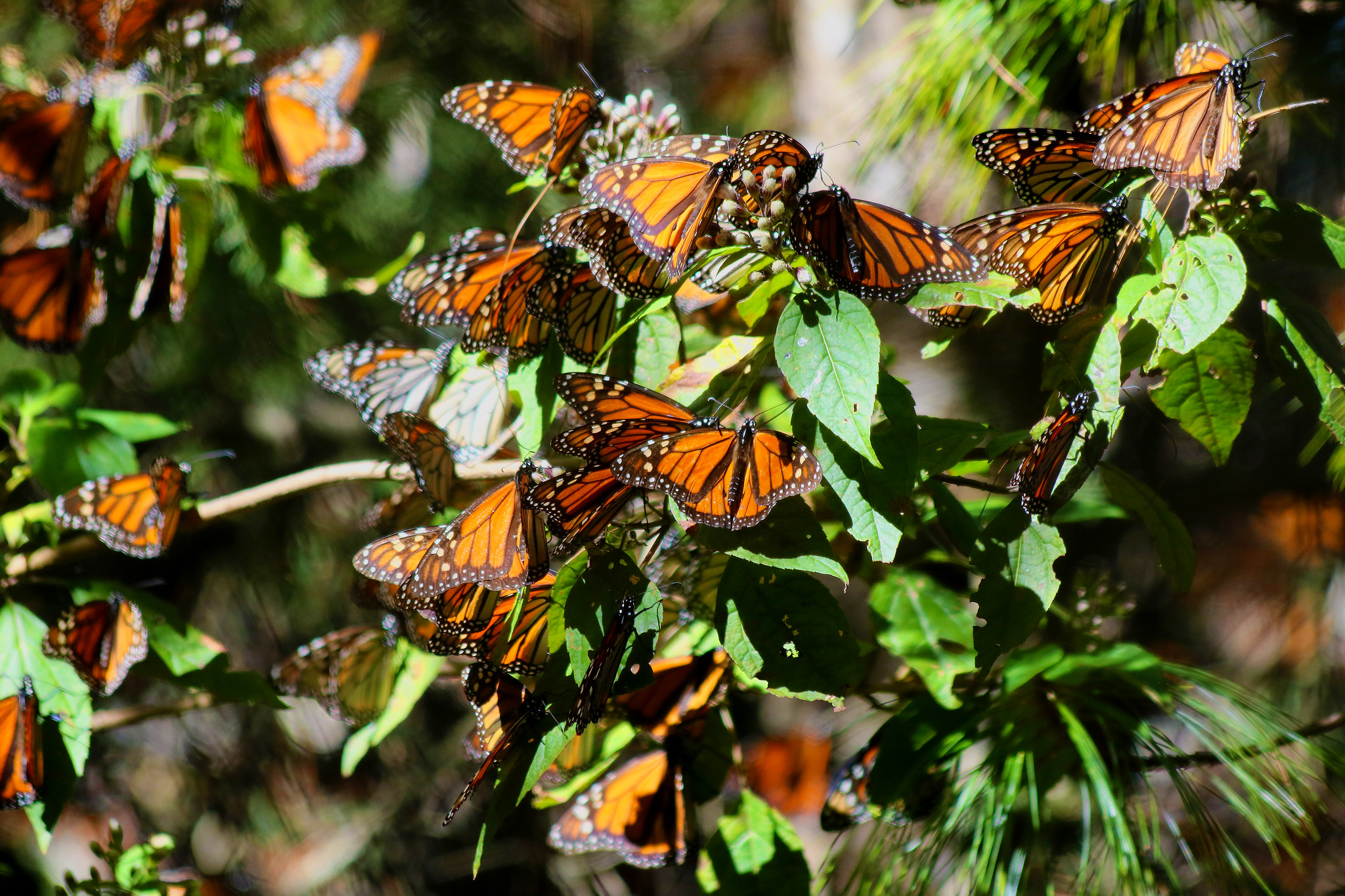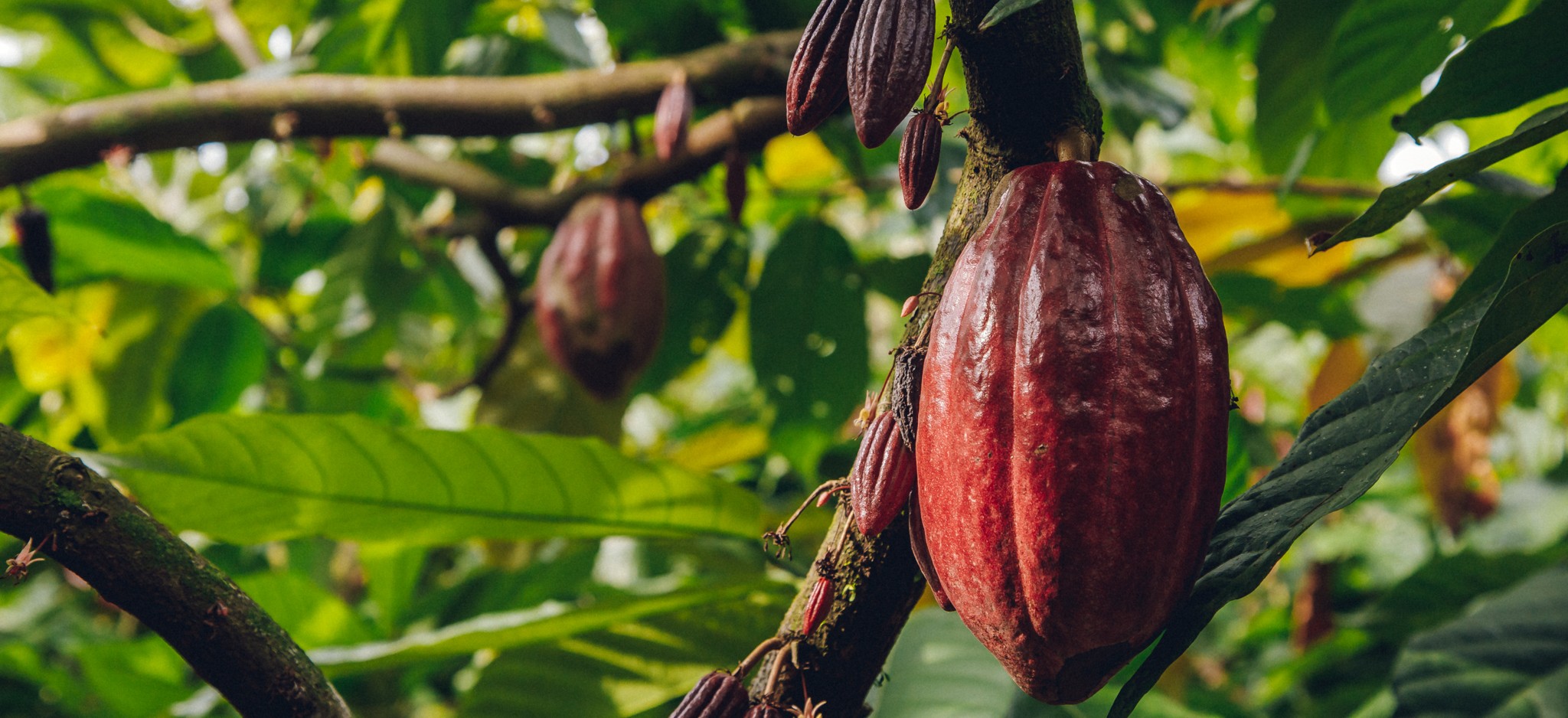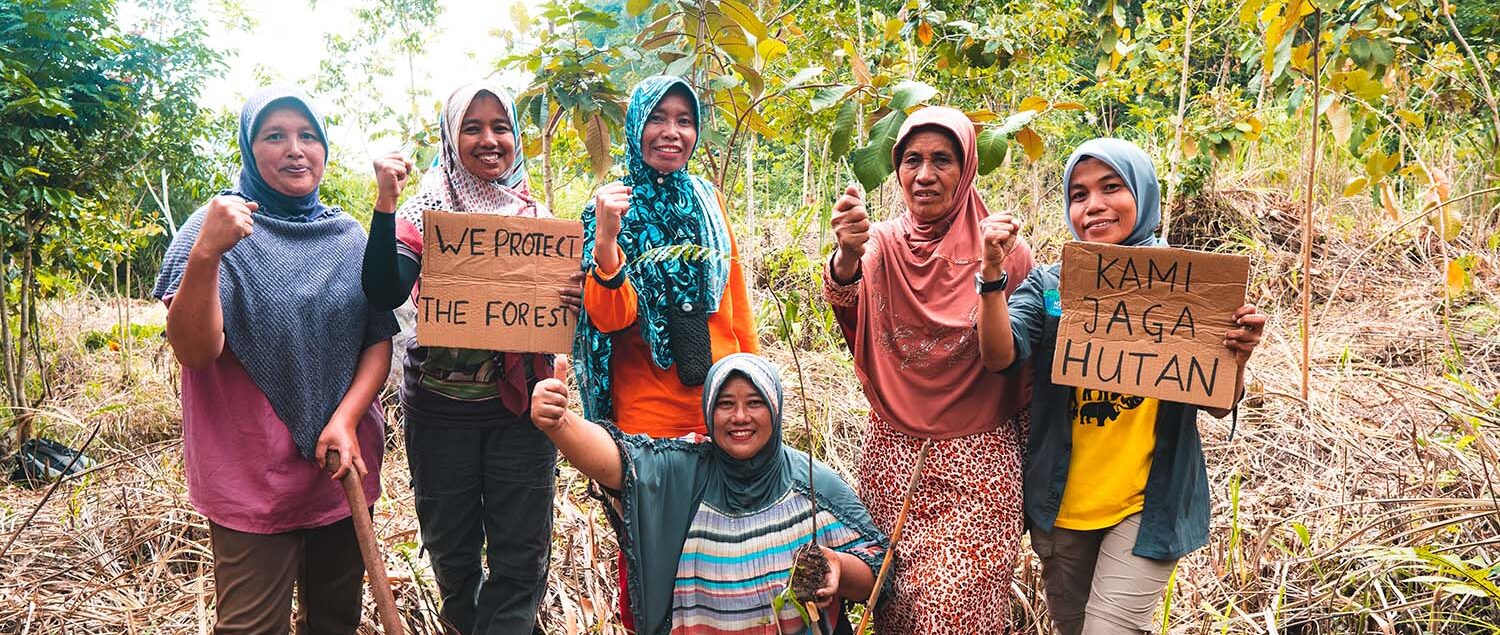Voices of Global Forest Watch: Muhammad Ichwan, Indonesia’s Forestry Independent Monitoring Network
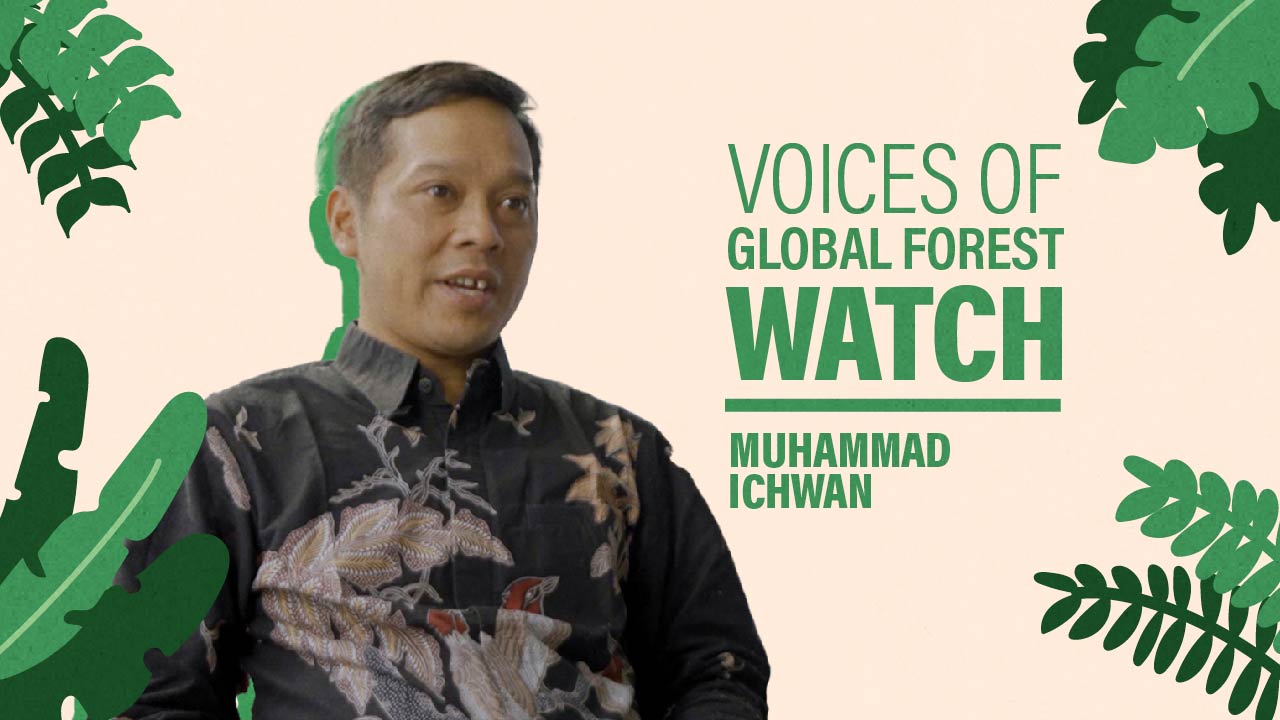
A decade ago, the launch of Global Forest Watch (GFW) ushered in a new era of accountability and transparency around monitoring and protecting the world’s forests. To celebrate 10 years of impact, our Voices of Global Forest Watch series will highlight successes of GFW users, partners and community members throughout the year. We invite you to read, watch and share the stories of exceptional leaders in forest monitoring who have played a pivotal role in protecting forests everywhere.
“Forests have protected the climate of our planet, including protecting against flood threats and soil erosion. They provide a source of water for essential needs, a variety of types of food, and oxygen. At their core, [forests] have provided everything for all of us.” – Muhammad Ichwan, National Executive Director of Indonesia’s Forestry Independent Monitoring Network (JPIK)
Indonesia is home to the world’s third-largest forested area. Founded in 2010, JPIK is a leading voice in the country’s battle against forest loss and illegal logging, as well as addressing the causes of deforestation, using GFW tools. Their work spans years of mobilizing communities, leveraging technology and advocating for sustainable forest management.
JPIK is a network of civil society organizations across Indonesia, form Papua to Aceh, that originally came together to monitor the application of Indonesia’s Timber legality Assurance System (SVLK).
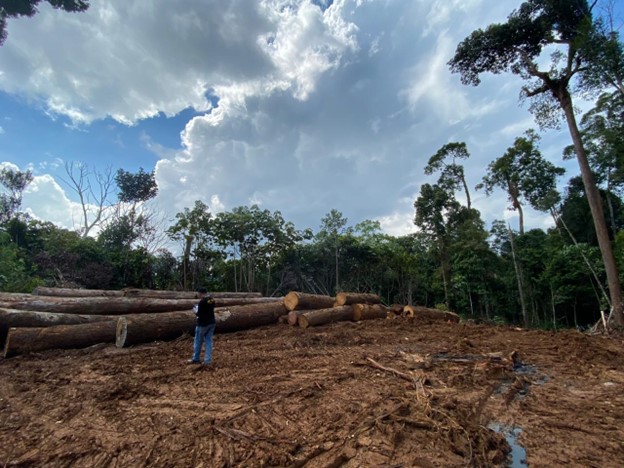
JPIK has grown into a national network, comprising 26 regional offices, over 614 individual members and 68 institutional members. As Ichwan explains, JPIK’s mandate now goes beyond monitoring logging; it combines community engagement with policy advocacy to create long-lasting solutions to prevent forest loss and degradation.
This expansion required a strategic rethinking of the monitoring framework used by independent monitors to enable them to advocate for legal and policy reforms to better address illegal logging and protect Indonesia’s forests.
The adoption of satellite technology, particularly GFW data, has improved JPIK’s forest monitoring capabilities significantly in recent years.
“The use of satellite technology today is quite helpful in JPIK’s work,” said Ichwan. “We use this technology as our basis for conducting field monitoring, and for evidence of complaints — to law enforcement, to certification agencies, government.”
For example, in a pivotal case in December 2022, JPIK used GFW data to uncover illegal logging activities in Central Kalimantan. The investigation revealed the illegal harvesting of ramin wood, a species protected under the Convention on International Trade in Endangered Species (CITES). “Through the GFW app we can track illegal logging sites in protected forests, the flow of wood into rivers, until it enters the company,” said Ichwan. By tracking the wood’s journey, JPIK exposed an operation aiming to disguise the illegally logged timber as legitimate. The findings were submitted to Indonesian authorities, leading to legal actions against the perpetrators.
The involvement of local communities, particularly Indigenous Peoples, is key to JPIK’s success. Indonesia’s forests are critical to the livelihoods of Indigenous and local communities, who often bear the brunt of effects of deforestation and poor forest management, facing increased risks of flooding, landslides and other environmental disasters. “If the forests are damaged or the governance of these forests is damaged, [Indigenous or local communities] will be most affected,” said Ichwan.
JPIK provides training to communities on independent forest monitoring and the use of GFW tools. According to Ichwan, empowering Indigenous Peoples and local communities to independently lead forest monitoring has been one of JPIK’s most effective strategies. “Indigenous or local communities are the primary independent monitoring actors because they are the closest party to forests, the closest to forests as their life support,” he said.
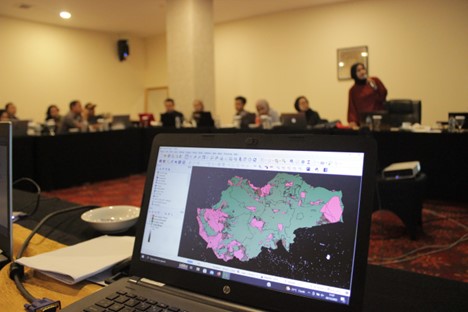
In another case in Central Kalimantan, a group of Indigenous people trained by JPIK helped stop illegal logging in protected areas. Their efforts, which included reporting the violations to law enforcement, resulted in significant legal actions: criminal sanctions, withdrawal of SVLK certifications and fines for the perpetrators and others.
Looking to the future, JPIK recognizes the importance of involving Indonesia’s youth in forest monitoring. They plan to recruit and train hundreds of young people — aged 17 to 29 — on the principles of sustainable forestry, using GFW and forest advocacy. The goal is to equip this new generation with the skills needed to document, report and campaign against illegal logging and deforestation, while also using social media platforms like TikTok and YouTube to raise awareness.
This next generation of independent forest monitors will continue JPIK’s legacy of community-driven, technology-enhanced forest protection. According to Ichwan, continuing to use GFW in this work is key: “GFW, for us, is very important to support our work on forest monitoring, to counter the threat of deforestation and illegal logging in Indonesia.”
